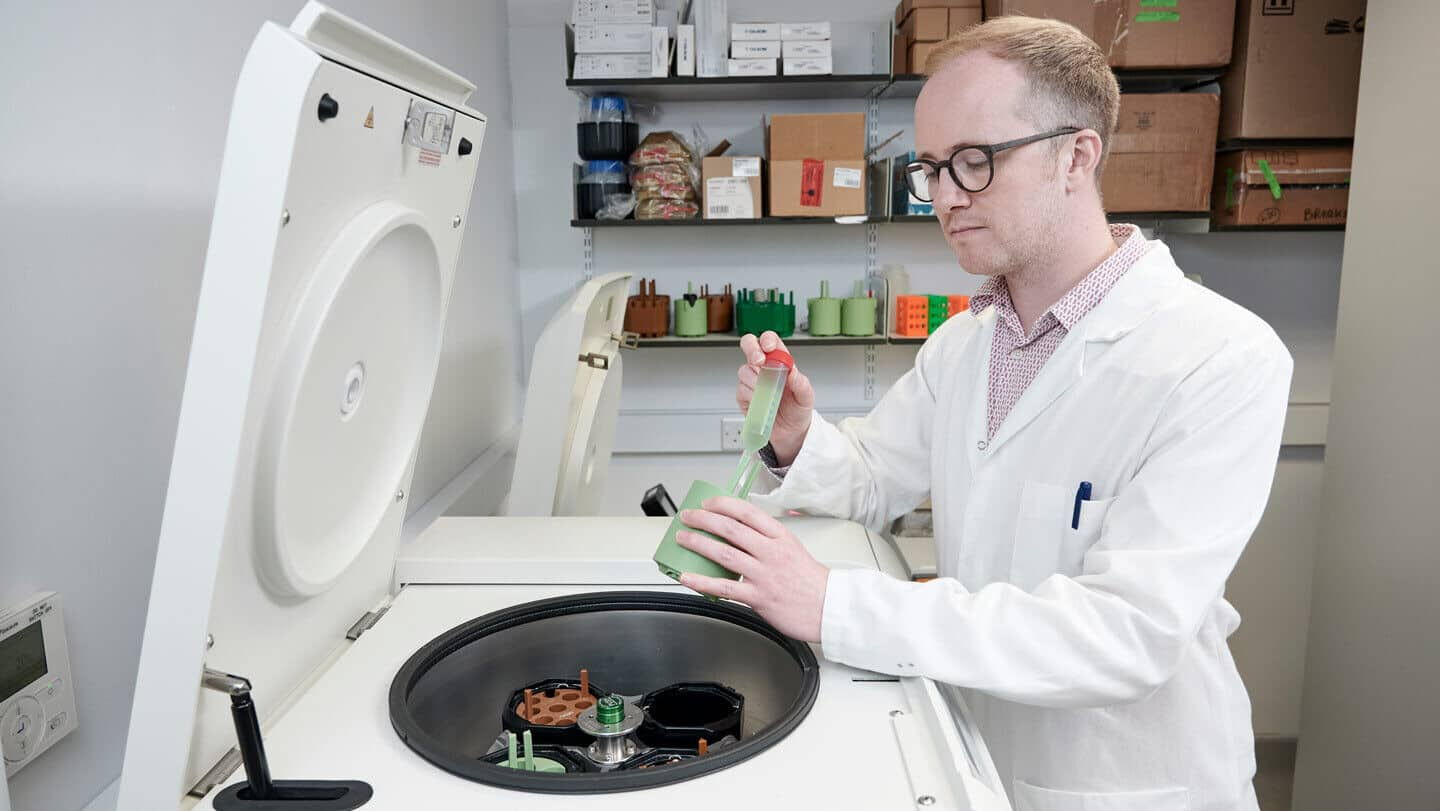
Bacteria convert plastic bottles into paracetamol in major breakthrough
What's the story
In a groundbreaking study, scientists have discovered that bacteria can be used to convert plastic waste into paracetamol (acetaminophen). The research was led by Professor Stephen Wallace from the University of Edinburgh and published in the journal Nature Chemistry. The team found that a harmless strain of E. coli could convert polyethylene terephthalate (PET), a common plastic found in food packaging and bottles, into para-aminobenzoic acid (PABA) and eventually paracetamol.
Conversion process
How the researchers carried out the study
The researchers used sustainable chemical methods to convert PET into a new material. When this material was incubated with the harmless strain of E. coli, it was converted into PABA through a process that likely involved a Lossen rearrangement (amide to isocyanate chemical transformation). This type of chemical reaction had never been observed in nature before but proved biocompatible, meaning it could be carried out in the presence of living cells without harming them.
Genetic modification
Bacteria modified to produce paracetamol from plastic waste
The team genetically modified the E. coli strain to block its natural pathways for producing PABA, forcing it to use the PET-based material instead. They then inserted two genes—one from mushrooms and one from soil bacteria—into the bacteria, enabling them to convert PABA into paracetamol. Using this modified strain, they were able to turn the PET-based starting material into paracetamol in less than 24 hours with low emissions and a yield of up to 92%.
Future prospects
Technology can help make paracetamol more sustainably
The findings of this study open up new possibilities for a more sustainable way to produce paracetamol, which is currently derived from oil. Professor Wallace said, "What this technology shows is that by merging chemistry and biology in this way for the first time, we can make paracetamol more sustainably and clean up plastic waste from the environment at the same time."